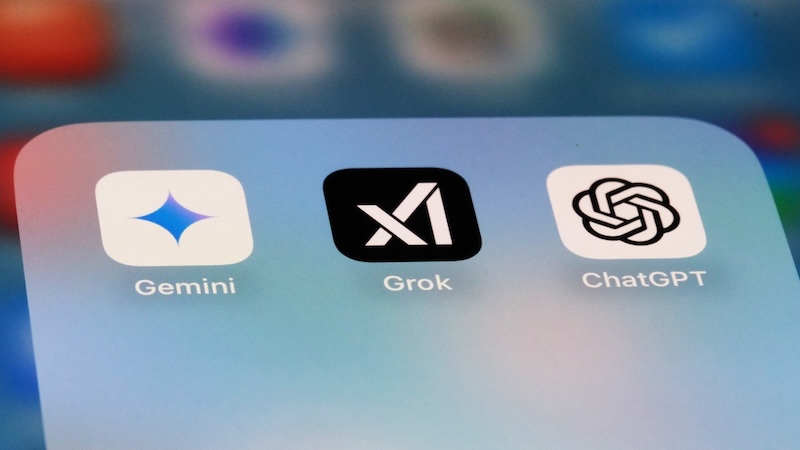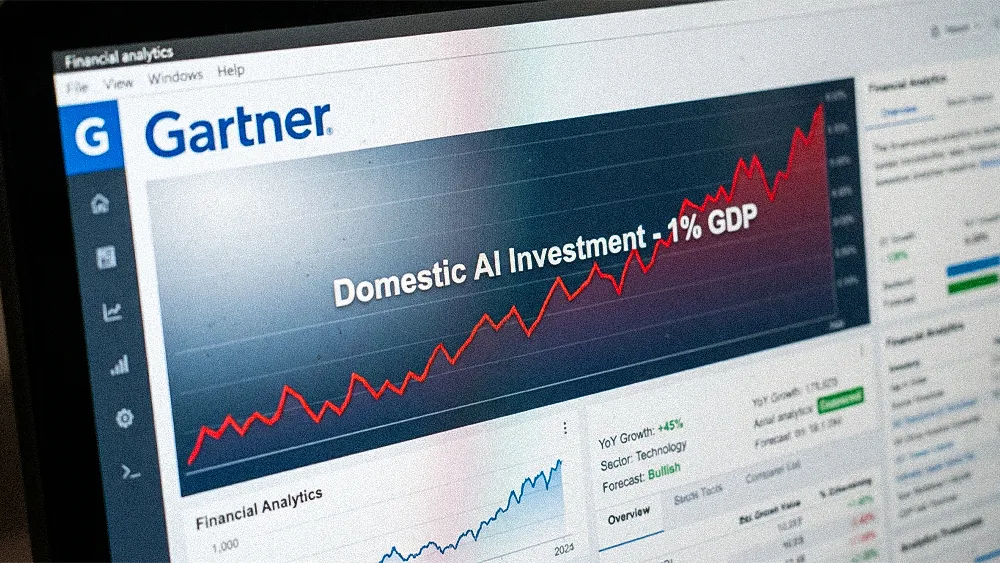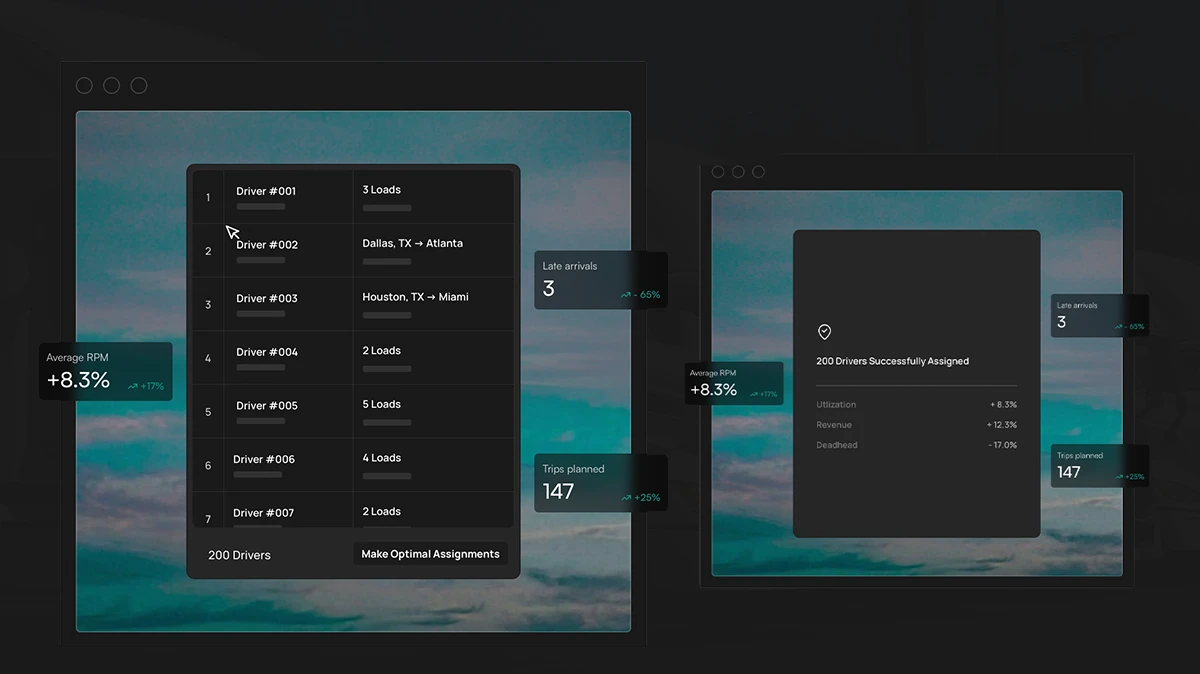The release of open-weight models like GPT-OSS marks a strategic shift for enterprise AI. Now, companies can fine-tune these models on their own private infrastructure. But what does the move from access to ownership actually look like in practice?
For an expert's take, we spoke with Deepan MN, Lead Data Scientist at enterprise software giant Zoho. Having built GenAI-powered recommender systems for Zoho’s CRM platform, Deepan's experience on the subject runs deep. From his position, the shift represents a strategic reversal that could redefine the next wave of competitive advantage. "Now, an enterprise can shape AI around their business instead of shaping their business around AI."
The new level of control offered by open-weight models completely reframes the "build-versus-buy" debate, Deepan explains. Rather than cede power to vendors, businesses can now build a proprietary asset all on their own.
The uncopyable code: Now, organizations can move from simply participating in the AI race to actively defining the direction for their market. "This is your chance to build a competitive moat. By fine-tuning a model on your own data and processes, you create a unique asset that no competitor can copy or buy."
No more blank checks: Ownership also solves a major headache from the API era, Deepan says. "When you own the AI model, you own the budget. You move from unpredictable, API-driven costs to a stable infrastructure where all investments and planning are under your direct governance."
A new kind of partner: The evolution is so profound that it alters the very nature of the human-AI relationship. "AI doesn't work for you anymore. It works like you." Achieving this level of deep customization will involve training a model on an organization's proprietary data, allowing it to absorb and reflect institutional knowledge, Deepan says.
More control over the model is a game-changer for regulated sectors like healthcare and finance, where sending sensitive data to third-party clouds is a non-starter. In these industries, building trust begins with verifiable data.
Trust, but verify: For AI to become truly mainstream, it must first become verifiably trustworthy to a non-technical audience, Deepan explains. "In a high-stakes field like healthcare, you can't risk a model hallucinating an answer from 'open knowledge.' With an open-weight model, an organization can train it exclusively on its own verified data. This ensures the results are exact and trustworthy, which is how you level up trust in your AI system."
The 'Mixture of Experts' (MoE) architecture is a key technical detail driving this new wave of AI. By routing queries to specialized models, this genuine reasoning engine is what powers AI to provide the logic behind its answers.
Show your work: For AI to mature into a reliable, enterprise-grade system, this step will be crucial, Deepan says. "Enterprise models need reasoning capabilities to be trusted. The Mixture-of-Experts architecture delivers this. Because it routes a query to a specialized model, it can provide the reasoning behind its answer. We're moving past an era where we have to blindly believe a generic model's output."
But with great control comes great responsibility, Deepan cautions. For him, that means taking end-to-end ownership by securing the model, protecting user data, and verifying all outputs. What some might see as a compliance burden, he reframes as the essential blueprint for building a winning strategy. "'To rule with AI, you must first learn to rule AI responsibly.' This means taking end-to-end ownership. When you host a model on-premises, you can take complete responsibility for it. This isn't a burden. It's the very strategy that will determine who wins in the market."
The conversation around AI is finally maturing, Deepan concludes. "The 'wow' factor is behind us. AI is no longer a novelty. It's becoming a fundamental part of life, like electricity. It's the new literacy, and soon everybody will need it to do business. The challenge now isn't just doing AI. It's doing it responsibly. That is what matters most."









